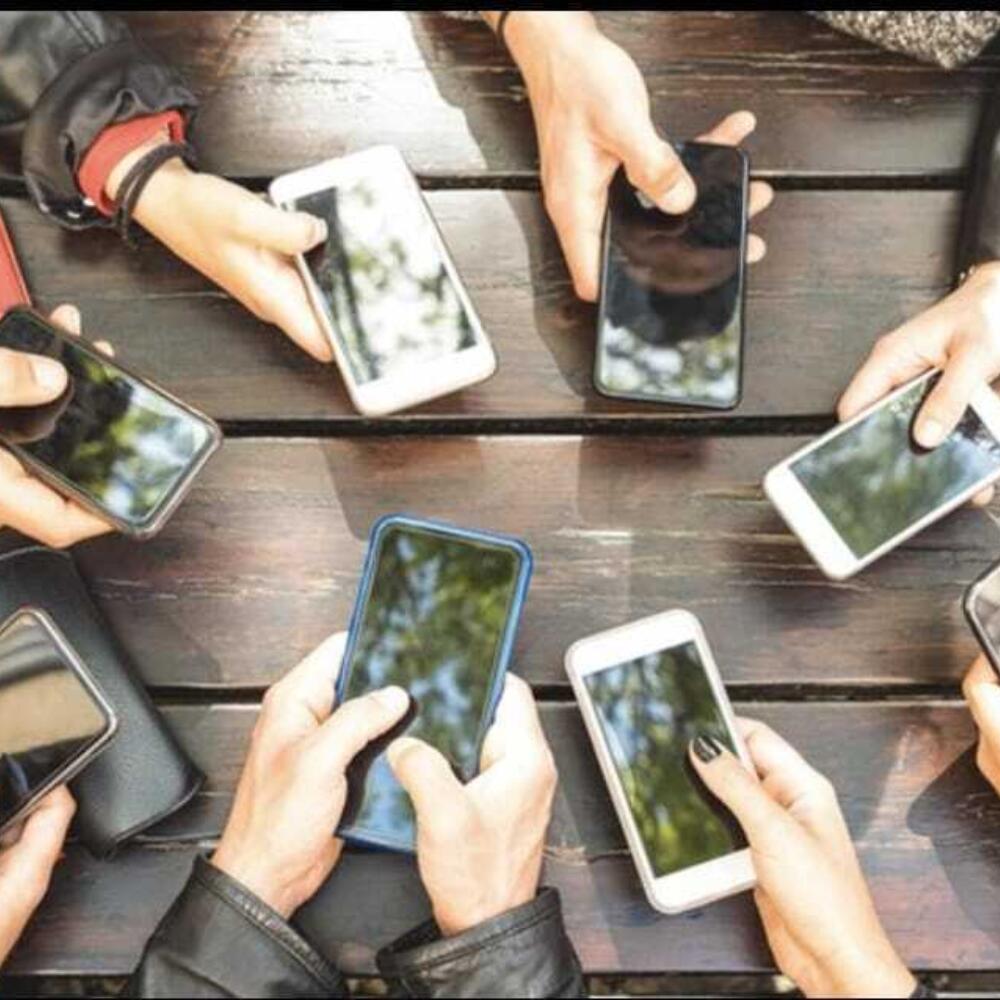The public and the private
by Hernan Melana
The word public comes from the latin term “publicus”, which, at the same time, is a confluence of two other words: “pubicus”, which is relative to young women, and “poplicus”, which is relative to the people. And the Republic is nothing else than a matter of the people, matter of the young, since they are the ones with the ability to bear arms. In contrast to them are the elders, the ones that make up the senate and have the privilege of not going to war. The public is that which is done collectively for the social and private, from the term 'privatus,' meaning separated from the public. But these meanings are being lost, they are being transformed, and much of it has to do with digital technology, which was initially conceived as a means of emancipation for society but is now quite the opposite.
The industrial revolution has a significant difference from the digital revolution. In the former, people were under the power of employees, whereas nowadays each person is under their own influence, voluntarily self-exploiting themselves. Social media contributes to its own commodification. What disappears is the public sphere, the space for the youth. The entire world becomes a private sphere. Privacy is lost due to excessive exposure. The current society rejects the negative in its relentless pursuit of the positive. Authenticity is lost, and wonder is forfeited. We have lost the direction of our action, which is our hand.
During the last military dictatorship, in a clandestine detention center in the city of Cordoba, Argentina, a group of women survived madness and torture by making macramé bracelets from towels, their only clothing, which they would exchange among the prisoners. In other words, in a moment of complete dehumanization, the act of working with their hands, and doing so socially, allowed them to transcend the state of madness that haunted them. Today, we are losing the genuine act of using the hands and, as well as that, the fundamental sense of touch. We live in a totalitarianism disguised as freedom. The exposure of intimacy has made us lose a healthy distance between one another. This is a paradox because we have lost distance, yet we have not come closer. The world ceases to be objective and presents itself as a projection of ourselves. From there, the most absurd theories begin to emerge about what a human being is and even about what planet earth is. Sexuality and love are chained to performance. The body is a value of exposure, as is sensuality. The other is an object, and I am a commodity. We cannot love the other; we can only consume them. We perceive the risk of losing love as an event, like a scene of two. We have fallen in love with ourselves.
The Second Great Migration
During the industrialization period, circumstances arose that led to a significant migration from rural areas to cities. This resulted in a disintegration of the human being. The sacred connection with nature, the social bond with family and neighbors, and the spiritual link were lost, reduced to Sundays in the church. The factory transformed into a place of residence.
We are currently undergoing a new migration. We are migrating from the city to the screen, and this also affects us in three aspects: we compromise our physical specialty, our life rhythm becomes subject to 24 hours of connection, and social life disappears in favor of the narcissism of social media. We are altering the categories of time and distance.
The Greek word "Xenos" referred to both the foreigner and the guest, the one who is welcome. Today, we have xenophobia towards ourselves, towards fellow human beings. We are depriving ourselves of the experiences inherent to human beings, namely, working with our hands. The question we must ask ourselves is: Do we want to continue being human beings?
Hernan Melana is a musician, composer, writer, and history teacher.
He coordinates various pedagogical seminars in Iberamerica for teachers and teachers’ educators. He is the president of the “27 de Febrero
Foundation”, which brings together seven pedagogical seminars from Latin America, and is the founder and coordinator of the “Casa de los Jóvenes Foundation”
.
Publications:
"Juan de Valois I, II and III" - Adventure books for young people.
"Lemas y Poesías"v- Collection of poems.
"Los hijos del rey" - Stories for musical initiation.
Forthcoming Publications:
"Towards the Philosophy of Freedom".
"John of Valois IV."
Digital Platforms:
Author of the channel "Philosophy, Psychology, Stories" with more than ten million reproductions.

